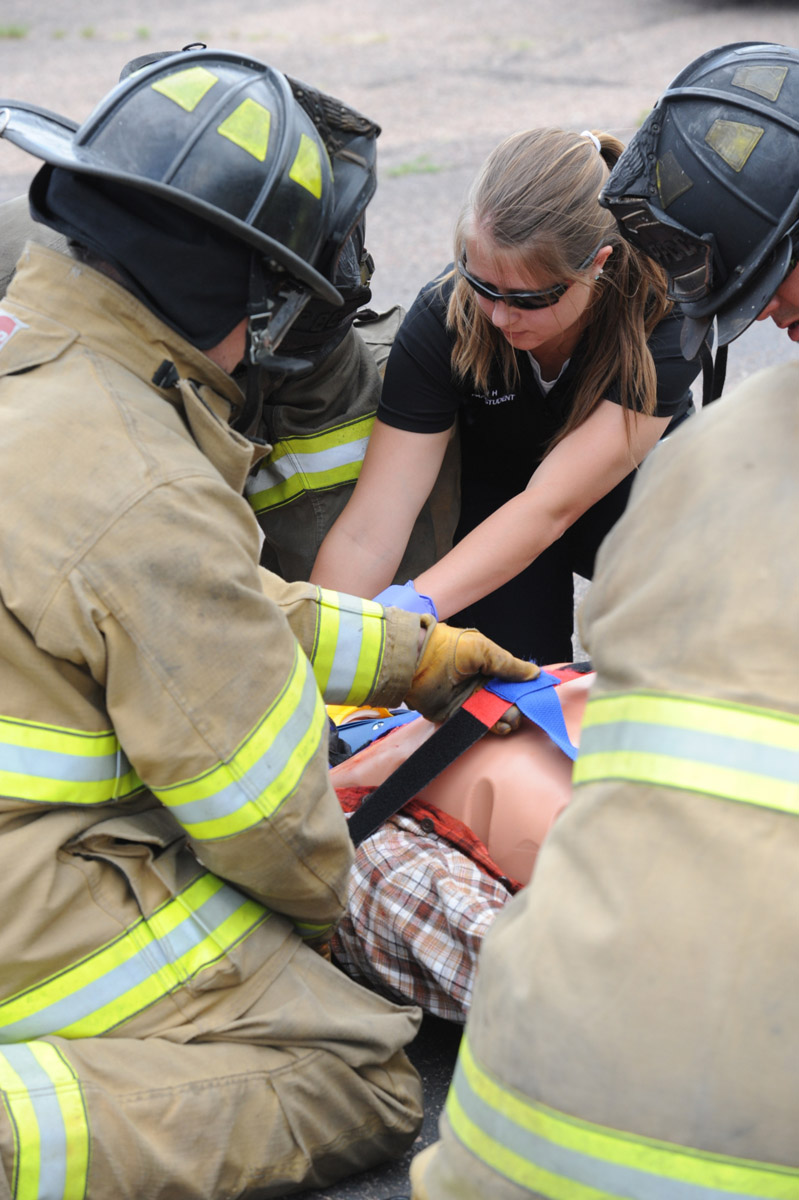Colorado weather is notorious for rapid changes. Always stay aware of changing weather
by downloading a trusted weather app and monitoring conditions.
- Close blinds and stay away from exterior windows.
- In the event of a tornado, move to an interior room on the lowest floor.
- Remain indoors until the weather threat has passed.
- Be prepared to relocate within the facility.
- Follow emergency responder instructions.
